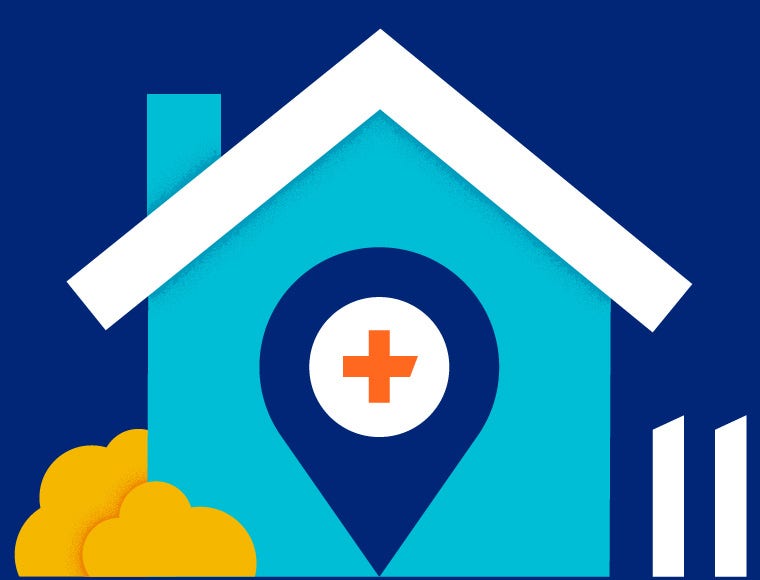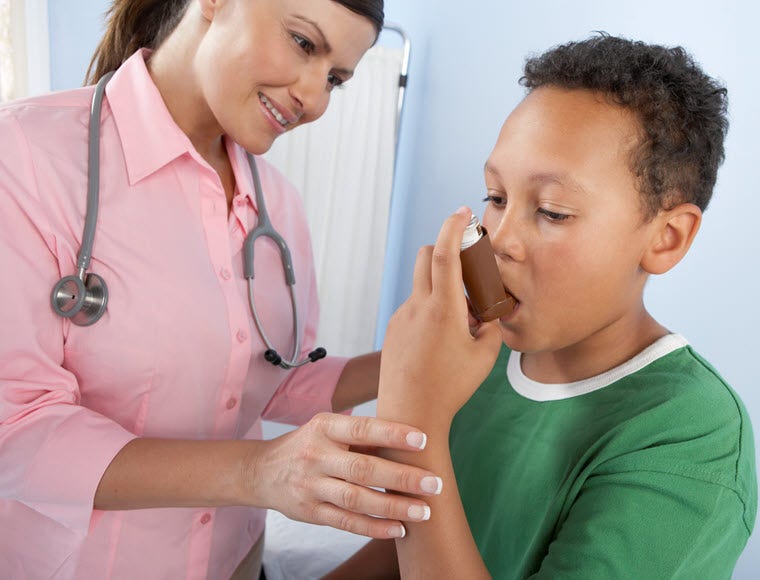Launching virtual school-based mental health care in North Carolina
Mental health challenges among students continue to rise, with one in three high school students and approximately one in three middle school students in North Carolina reporting feelings of sadness or hopelessness.1 These statistics highlight the need for expanded mental health support within schools. To address this growing concern, the North Carolina Department of Health and Human Services has announced a new initiative, supported by an investment from UnitedHealthcare, to provide high-quality, virtual mental health care to nearly 400K students across the state through Hazel Health.
This effort is part of a broader initiative launched in 2024 to expand school-based telehealth services to up to 1M students nationwide. In North Carolina, Hazel Health’s virtual mental health services will be available to approximately 30% of the state’s K-12 student population. Beginning in late March 2025, students in Harnett County Schools and Durham Public Schools were among the first to access services, with additional districts gaining access throughout the year.
Accessible mental health care for students
Comprehensive Hazel Health therapy outcomes as cited by Clemson University study
75% reduced depression, anxiety
Services may reduce chronic absenteeism
68% had improved attendance
>30% had perfect attendance
School-based telehealth expands access to mental health care by meeting students where they are. Hazel Health is the largest provider of virtual physical and behavioral health care to K-12 students in the country.2 The organization’s mission is to transform children’s access to health care through school-based collaborations, culturally-competent care and telehealth platforms designed for schools.
The implementation of Hazel Health’s virtual services aims to address common barriers to mental health care, including provider shortages, long wait times and financial constraints. Once fully operational, any student enrolled in participating districts will be able to connect with a licensed therapist before, during or after the school day.
Hazel Health’s telehealth services deliver the following benefits to students:
- School-based telehealth services can lead to earlier identification of students who need care, and after identification, students can receive care within days to weeks rather than taking months to a year
- This model also expands access to care for rural communities who deal with provider shortages
- Care is available for all students at no out-of-pocket cost to families
- Over 50% of Hazel Health’s diverse team of on-staff providers identify as people of color
Research determining program effectiveness found that over 75% of students enrolled in the telehealth services see a significant improvement in clinical symptoms. Additionally, early research suggests that Hazel Health’s program can help address chronic absenteeism, with 68% of students who engaged with therapy improving their attendance, and over 30% achieving perfect attendance following their referral.
UnitedHealthcare Community Plan of North Carolina recognizes the prominent need for accessible, school-based behavioral health services. Ensuring students receive the support they need, when and where they need it, can lead to improved emotional well-being, academic success and long-term positive outcomes. As more districts join this initiative, students across North Carolina will have access to necessary care, helping to build a healthier future.
Receive future articles like this one directly to your inbox by subscribing to our newsletter.











